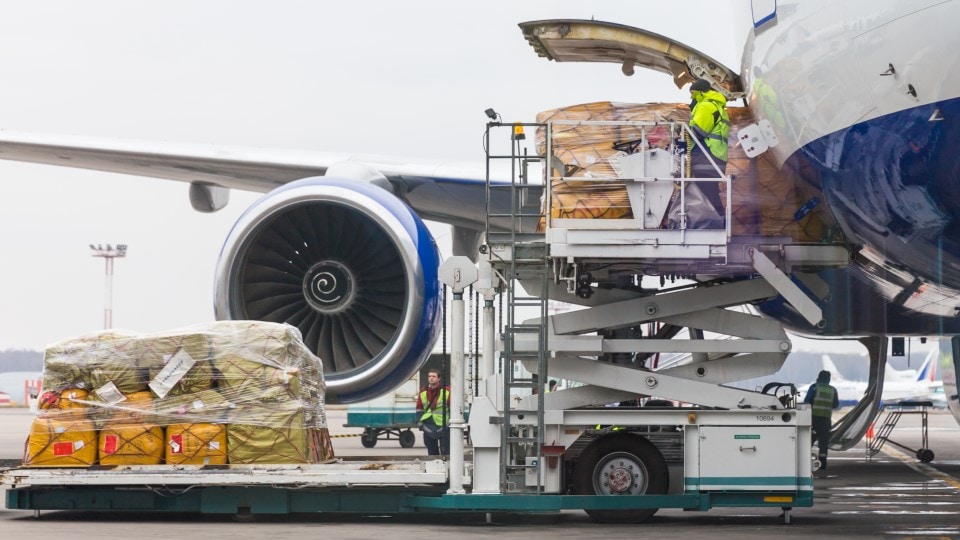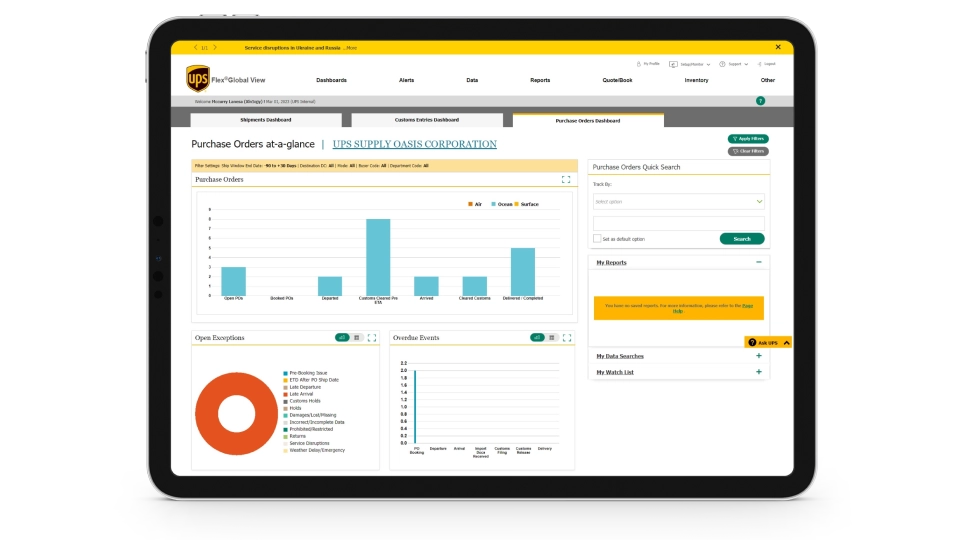Effective February 15, 2024, US Customs and Border Protection (CBP) updated the deadline for filing a Type 86 entry to “upon or prior to arrival” of the cargo. Prior to this change, entry Type 86 could be filed within 15 days of cargo arrival.
What is Entry Type 86?
Section 321 Type 86 is a customs entry type for US import shipments the allows for goods under the de minimis value of $800 to be imported without payment of duties and taxes.
Why is Entry Type 86 Changing?
CBP has issued the change to address compliance challenges related to de minimis entries. Since its introduction in 2019, CBP has seen an influx of shipments cleared under Entry Type 86. The adjusted clearance deadline helps CBP effectively mitigate the risk previously enabled by shipments leaving the port of entry prior to CBP review. The change also helps promote better visibility to goods entering the US commerce.
How Will This Change to Type 86 Affect Your Business?

- Your cargo will not be allowed to move off site until an official release message is received from CBP.
- If your current carrier/broker is not able to comply with the new clearance requirements, it may cause time-in-transit delays.
- Shipments not meeting the clearance requirements can be defaulted to an informal or formal entry, triggering duty and brokerage charges, even on de minimis shipments.
What Can You Do to Prepare for the Entry Type 86 Change?
- Understand the risks of importing under Entry Type 86
- Ensure your data and import documentation are complete and correct to avoid unnecessary clearance delays
- Consider using carriers/brokers with the ability to clear under the new timeframe
- Consider UPS Trade Direct® solutions to handle the consolidation, customs clearance, deconsolidation and delivery of shipments to multiple addresses within the US
- Consider international small parcel shipping options like UPS Worldwide Express® or UPS Worldwide Saver® services
UPS Supply Chain Solutions is here to help.
International Small Parcel Services
International small parcel shipments including UPS Express® delivery.
Explore International Small ParcelOpen the link in a new windowUPS Trade Direct®
UPS Trade Direct® service is a cost-effective, consolidated international freight and small parcel solution.
Explore Trade Direct Services



